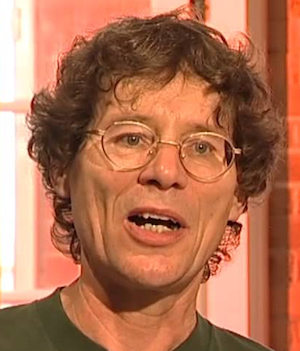There’s a magnificent YouTube clip of Focus on BBC TV’s The Old Grey Whistle Test from December 1972 launching into what was fast becoming their calling card: Hocus Pocus, a glorious piece of musical madness that jerks between frantic heavy metal riffs, a yodelling and warbling wordless falsetto voice that rises higher and higher until it turns into a scream, and a series of insane drum breaks.
You could dismiss it as a slice of novelty nonsense, except that it’s obvious that behind the frippery is a complex arrangement that requires considerable skill to perform live. To cap it all, singer and keyboard player Thijs van Leer suddenly departs from his wordless script to wish us all a Merry Christmas and a Happy New Year, en route to another high-pitched scream.
Focus were already on their third album by then, and now, 52 years and a whole soap opera later, comes Focus 12. Van Leer is still leading the group, and he is joined by drummer Pierre van der Linden who was present in 1972 and is in fine fettle aged 78. The notable absentee is guitarist Jan Akkerman (Brian May’s main inspiration), who hasn’t been around for at least 30 years, although his on/off relationship with van Leer is probably worth a Netflix series.
Menno Gooties, who has been Focus’s guitarist since 2010, is a more than adequate replacement who now has four Focus albums under his belt, and ‘new boy’ bassist Udo Pannekeet is no slouch either. The fact that it’s difficult to tell which one of the tracks on this album was improvised spontaneously during the sessions proves what a tight unit they are.
The prevailing format for the 10 instrumental tracks is to set up a melodic theme that is repeated two or three times before being expanded, either with a jazzier but carefully arranged section or by letting the band off the leash for a while. The melodies vary from grandiose to sombre – there’s even a classical-sounding fugue at one point – and are introduced by either van Leer’s piano or Hammond, or by the whole band.
The gentle piano-led introduction to Bela (a homage to van Leer’s favourite 20th-century composer) leads to some fine guitar themes over an increasingly resonant backing, while the more discordant piano introduction on Positano gives way to some electronically treated flute before taking jazzy flight. There are no vocals – wordless or otherwise – although you can occasionally discern some background muttering.



